Nephrotic Syndrome: What Is It and How Can It Be Managed?

Nephrotic syndrome is a group of symptoms and signs that point to kidney damage. The kidneys act as filters, removing waste and excess fluids from the blood. Injury to the kidneys leads to the escape of protein into urine, causing a chain reaction of other complications. Knowledge of nephrotic syndrome is important because it may represent a background kidney disease, some of which can be severe if untreated. Early detection and adequate treatment are important for preserving kidney function and preventing secondary complications.
Understanding Nephrotic Syndrome
Nephrotic syndrome is a complicated and complex disorder that involves excessive protein loss in urine, low albumin levels in blood, swelling, and elevated levels of cholesterol and other lipids in the blood, reflecting kidney failure and producing swelling in some areas of the body. Normal kidneys function as filters, retaining vital substances in the blood and eliminating waste products. When the filters are damaged, protein, which is necessary for fluid balance and body functions, seeps into urine, resulting in proteinuria. This causes a cascade of symptoms, such as swelling, weight gain, susceptibility to infection, foamy urine, tiredness, loss of appetite, and high cholesterol.
It should be noted that nephrotic syndrome is not the problem itself but an indication that something is wrong with the kidneys. The cause of the kidney injury is important for successful treatment, which might be a kidney disease such as minimal change disease, focal segmental glomerulosclerosis, or membranous nephropathy, or systemic diseases such as diabetes or lupus. Accurate diagnosis and proper management are important to preserve kidney function and avoid further disease.
Types of Nephrotic Syndrome
Nephrotic syndrome can be divided into a few different classes, which can help nephrologists or urologists determine what is probably the cause and what will be the optimal treatment. Following is the primary classification:
- Primary Nephrotic Syndrome: Primary Nephrotic Syndrome results from a disease specifically targeting the kidneys, and a few prominent examples are Minimal Change Disease (MCD), Focal Segmental Glomerulosclerosis (FSGS), and Membranous Nephropathy (MN). MCD is the most frequent in children, with minute changes only visible under an electron microscope. FSGS-scarred kidney filtering units may be aggressive and steroid-resistant and may be genetic in cause. MN is an autoimmune condition where immune proteins accumulate in kidney filtering membranes, leading to thickening and protein leakage.
- Secondary Nephrotic Syndrome: Secondary Nephrotic Syndrome is an illness caused by some other underlying disease, for example, diabetes, lupus, infections caused by hepatitis B and C, and HIV, or amyloidosis, that affects kidneys in the long run. It can also be caused by side effects of some medications, which further cause the illness.
- Congenital Nephrotic Syndrome: Congenital nephrotic syndrome is an infrequent type of kidney disorder due to gene mutations impairing the filtering ability of the kidney. It is an infrequent disorder occurring at birth or shortly thereafter, and accurate diagnosis is essential to ascertain its exact type and etiology.
Nephrotic Syndrome Signs and Symptoms
Some of the common signs and symptoms of nephrotic syndrome are detailed as follows:
- Proteinuria & Foamy Urine: One of the most important signs is high levels of protein (albumin) in the urine, which makes it foamy. This is because damaged kidney filters are leaking protein, so that the person experiences protein in urine symptoms.
- Swelling (edema) & Weight Gain: Swelling, usually in legs, feet, ankles, hands, or face, is caused by the body holding water as a result of protein loss. This can also cause weight gain. In addition to these, it might cause some kidney swelling symptoms too.
- Changes in Blood: Nephrotic syndrome may lead to elevated fat and cholesterol levels in the blood (hyperlipidemia) and decreased albumin levels (hypoalbuminemia).
- Other Symptoms: One may have loss of appetite, a general sense of illness, and pain in the abdomen.
Nephrotic Syndrome Causes
Nephrotic syndrome arises from various underlying causes, which can be broadly categorized as primary (originating within the kidneys) or secondary (resulting from other systemic illnesses) or by genetic. Understanding these distinct factors is crucial for accurate diagnosis and tailored treatment strategies. The following are the causes of nephrotic syndrome:
- Primary Kidney Diseases: Intrinsic kidney diseases such as membranous nephropathy, minimal-change nephropathy, and focal glomerulosclerosis are frequent primary etiologies. These diseases directly involve the filtering units of the kidney, causing protein leakage.
- Systemic Diseases: Secondary nephrotic syndrome may result from systemic diseases like lupus erythematosus, diabetes mellitus, and amyloidosis. These diseases involve more than one organ system, and kidney injury resulting in nephrotic syndrome is one of the manifestations.
- Genetic Mutations: Genetic mutations in podocyte proteins (such as podocin, nephrin, or the cation channel 6 protein) can cause congenital/hereditary focal glomerulosclerosis. These genetic abnormalities impair the filtering function of the kidney from birth or early childhood.
- Triggers: Infections (particularly upper respiratory tract), allergic reactions, and less often, insect bites or vaccinations may precipitate nephrotic syndrome in predisposed individuals. These triggers may trigger the immune system, causing kidney injury.
- Substance Abuse: Some drugs of abuse, such as heroin, also cause nephrotic syndrome. The processes by which these drugs cause damage to the kidneys are multifactorial and not clearly understood.
Nephrotic syndrome, in some rare cases, can also be triggered by certain medications, such as nonsteroidal anti-inflammatory drugs, and infections like HIV, hepatitis B, hepatitis C, and malaria.
Nephrotic Syndrome Complications
Nephrotic syndrome, if not treated, may result in many severe health conditions because of the persistent loss of protein and renal impairment. These conditions can have a lasting impact on a person’s health and wellbeing, making timely diagnosis and treatment necessary. Some of the common complications of the nephrotic syndrome include:
- Blood Clots & Cholesterol: Nephrotic syndrome may predispose to blood clots because of protein loss, and it may also cause high cholesterol and triglycerides.
- High Blood Pressure & Kidney Damage: Kidney damage can cause high blood pressure and, in extreme situations, acute kidney injury that may need dialysis.
- Malnutrition & Anemia: Protein loss is capable of producing malnutrition, perhaps obscured by swelling, and anemia (decreased red blood cells).
- Chronic Kidney Disease & Infections: Nephrotic syndrome, if long-term, can lead to chronic kidney disease and also make one more prone to infections.
Nephrotic Syndrome Diagnosis
The diagnosis of nephrotic syndrome requires a set of tests to ensure protein loss, evaluate kidney function, and determine the cause. These tests give an overall picture of the condition and dictate treatment.
- Urine Tests: A 24-hour urine test measures the level of protein in your urine (proteinuria), the characteristic of nephrotic syndrome. A dipstick test may also find protein in urine on a routine visit, prompting suspicion for further testing.
- Blood Tests: Blood tests look at how much albumin (a protein) is in your blood, which is usually low in nephrotic syndrome. They also check kidney function (creatinine, BUN), cholesterol, and triglycerides, which may be high.
- Kidney Function Tests: The glomerular filtration rate (GFR) is determined to see how efficiently your kidneys remove waste. Other tests can measure the blood levels of electrolytes and other substances that indicate kidney function.
- Kidney Biopsy: In a few instances, a kidney biopsy (taking a small sample of tissue for testing) is required. This determines the particular form of kidney disease responsible for nephrotic syndrome and helps in treatment.
- Imaging Tests: Imaging tests such as ultrasound or other imaging tests of the kidneys might be done in order to view their structure and determine if any abnormalities present can be contributing to the syndrome. This can help exclude structural problems.
- Phospholipase A2 Receptor (PLA2R) Test: The phospholipase A2 receptor (PLA2R) is a protein in kidney cells. In the majority of cases of membranous nephropathy (a kidney disease), the body mistakenly attacks this receptor with autoantibodies. Testing for these autoantibodies allows physicians to monitor the activity of the disease and the effectiveness of treatment. If the autoantibodies are not found, it may indicate that the membranous nephropathy is due to another cause.
- Other Tests: In addition to what is suspected to be causing it, further testing may be necessary. Tests for autoimmune disease (such as lupus), infection, or genetic testing if a hereditary cause is in question may be included.
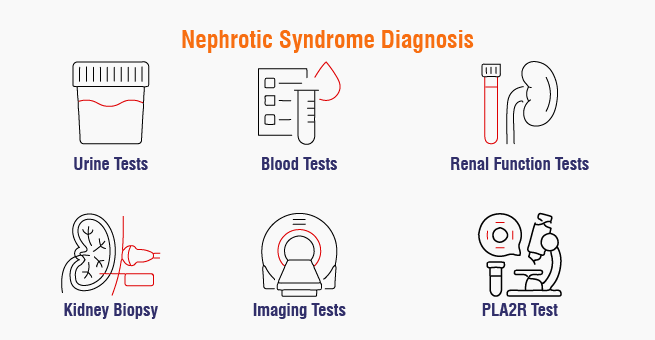
Management of Nephrotic Syndrome
Nephrotic syndrome treatment involves medications to manage symptoms and reduce protein leakage. Corticosteroids suppress the immune system’s attack on the kidneys, while immunosuppressants protect kidney function. Doctors determine the specific medication and dosage based on the individual’s condition and the underlying cause of the nephrotic syndrome. Nephrotic syndrome treatment is centered on treating the underlying cause, managing symptoms, and preventing complications. The physician will adjust a treatment program based on the particular type of nephrotic syndrome, severity, and patient health.
- Treatment of the underlying disease: If nephrotic syndrome is a complication of an underlying disease (such as diabetes or lupus), treatment of that disease is important. This may include medication to regulate blood sugar, immunosuppressants to reduce the activity of the immune system, or other specific measures based on the primary disease.
- Drugs to decrease protein in the urine: Steroids are most commonly employed in minimal change disease, which is the most prevalent form in children. Other drugs, such as ACE inhibitors or ARBs, can decrease protein leakage in other forms of nephrotic syndrome.
- Medications to decrease swelling: Diuretics (water pills) assist the body in eliminating excess fluid, decreasing swelling in the legs, ankles, and elsewhere. These are sometimes used carefully to prevent dehydration or electrolyte imbalance.
- Medications to manage cholesterol: If the cholesterol is elevated, medications such as statins can be used to lower the risk of cardiovascular complications. This is necessary because of the high risk of heart disease in nephrotic syndrome.
- Dietary modifications: A moderate-protein diet can be advised, as extremely high protein intake can impair kidney function in some individuals. Sodium is generally limited to aid in the control of swelling and blood pressure.
- Other supportive care: Other treatments may be required depending on the case. These may involve the use of drugs to prevent blood clots, treat infections, or control high blood pressure. The kidney function should be monitored regularly.
Nephrotic Syndrome Prevention
Preventing nephrotic syndrome isn’t always successful, particularly if it’s inherited, but controlling some risk factors can reduce the likelihood of developing it:
- Control diabetes: Tight control of blood sugar prevents diabetic nephropathy, one of the most common causes.
- Manage blood pressure: Maintaining healthy blood pressure keeps kidneys functioning well.
- Healthy weight: Excess weight can put a burden on the kidneys, making kidney disease more likely.
- Eat a balanced diet: A low-sodium, moderate-protein diet maintains healthy kidneys.
- Keep alcohol use under control: Alcohol abuse can destroy the kidneys.
- Avoid NSAIDs: Frequent use of anti-inflammatory drugs like ibuprofen and naproxen can ruin the kidneys.
- Infections getting treated early: Rapid response and treatment for infections can minimize the kidney’s impact.
- Use medications cautiously: Talk with the doctor about possible kidney damage from medications.
- Stay hydrated: Staying well-hydrated helps maintain kidney function and general health.
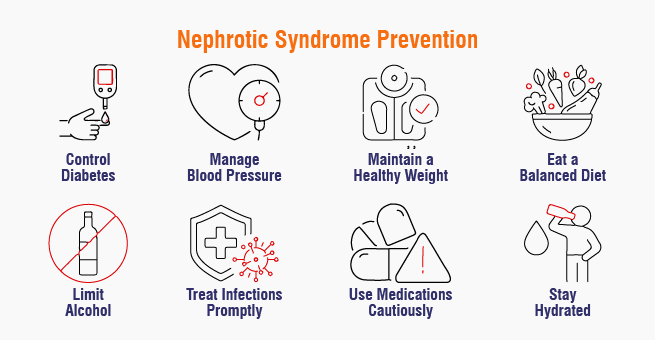
Key Difference
What is the difference between nephrotic and nephritic syndrome?
Nephrotic syndrome and nephritic syndrome are renal illnesses with specific manifestations. Nephrotic syndrome presents with proteinuria, hypoproteinemia, edema, hyperlipidemia, and foamy urine. Nephrotic syndrome affects mostly the kidney filtering units and causes leaky glomeruli. Nephritic syndrome is diagnosed by the inflammation of glomeruli that produce blood in urine and loss of protein. Nephritic syndrome can also produce hypertension and oliguria (decreased urine output). The difference between the two is the core issue: loss of protein in nephrotic syndrome and glomerular inflammation in nephritic syndrome, on which diagnosis and treatment depend.
When to See the Doctor?
One should consult a nephrologist if one has any of the following signs that can indicate nephrotic syndrome:
- Foamy urine
- Swelling (especially legs, ankles, and eyes)
- Unexplained weight gain
- Loss of appetite
- Fatigue
It is essential to consult a doctor immediately if you observe these symptoms since they may point to a kidney issue. It is essential to diagnose and treat nephrotic syndrome early in order to avoid additional kidney injury and other issues.
Even if you experience just one or two of these signs, it’s worth getting a doctor to check you out and rule out anything serious.
Conclusion
Nephrotic syndrome, although a multifaceted disease with diverse etiologies, highlights the importance of healthy kidneys in maintaining general well-being. Early diagnosis and proper treatment depend on identifying the signs and not hesitating to visit a doctor. From swollen ankles and foamy urine to tiredness and spontaneous weight gain, these indicators should not be underestimated. With proper treatment, which is usually a matter of dealing with the cause and managing symptoms, patients with nephrotic syndrome can live normal lives. Keep in mind that preventive care and routine visits are essential to maintaining kidney health.
At Yashoda Hospitals, we recognize the intricacies of nephrotic syndrome and provide advanced care for this and other similar kidney problems. Our qualified nephrologists and urologists are committed to offering customized treatment plans based on the newest diagnostic techniques and therapeutic strategies. We strive to offer compassionate care and empower patients with the information and support necessary to manage their disease successfully and have healthy kidneys. If you are symptomatic or are concerned about the health of your kidneys, we invite you to call us to arrange a consultation.
Have any questions or concerns about your health? We’re here to help! Call us at +918929967127 for expert advice and support.
References:
- https://www.ncbi.nlm.nih.gov/books/NBK470444/
- https://www.mayoclinic.org/diseases-conditions/nephrotic-syndrome/diagnosis-treatment/drc-20375613
- https://my.clevelandclinic.org/health/diseases/5989-nephrotic-syndrome#management-and-treatment
- https://www.niddk.nih.gov/health-information/kidney-disease/children/nephrotic-syndrome-children#Anchor1






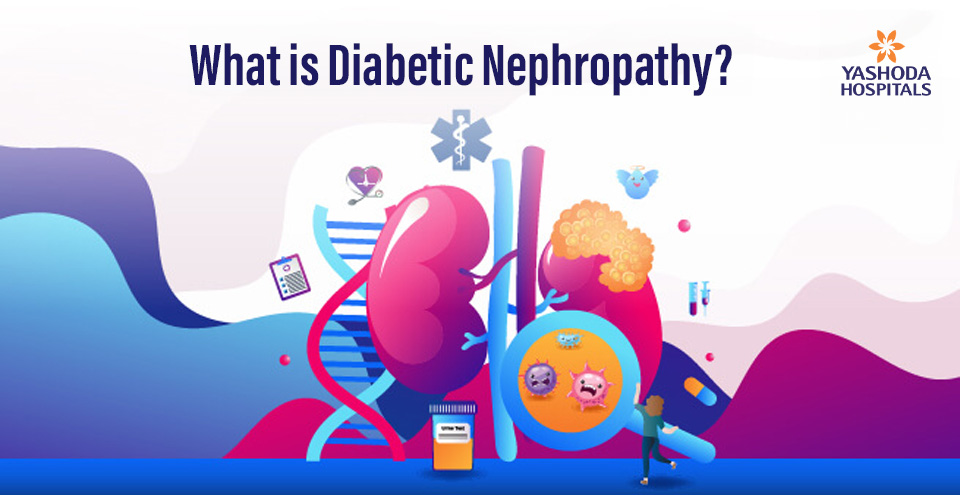
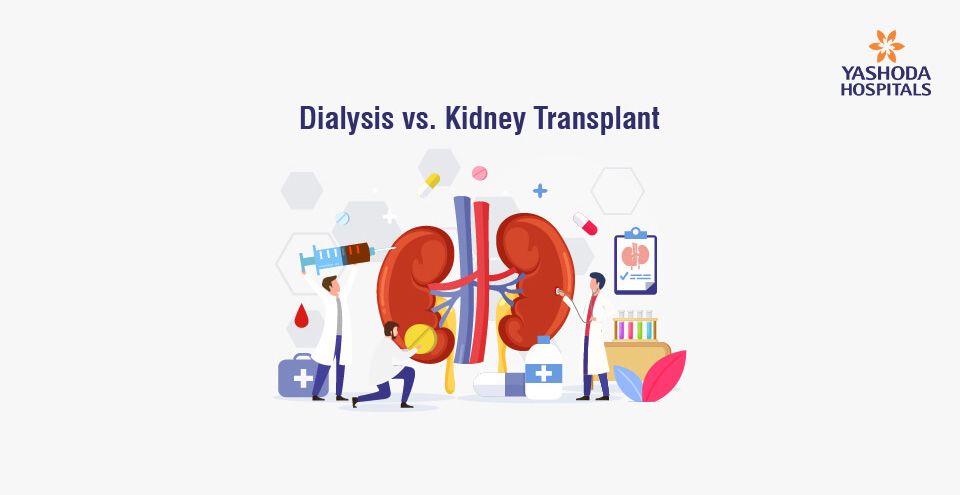

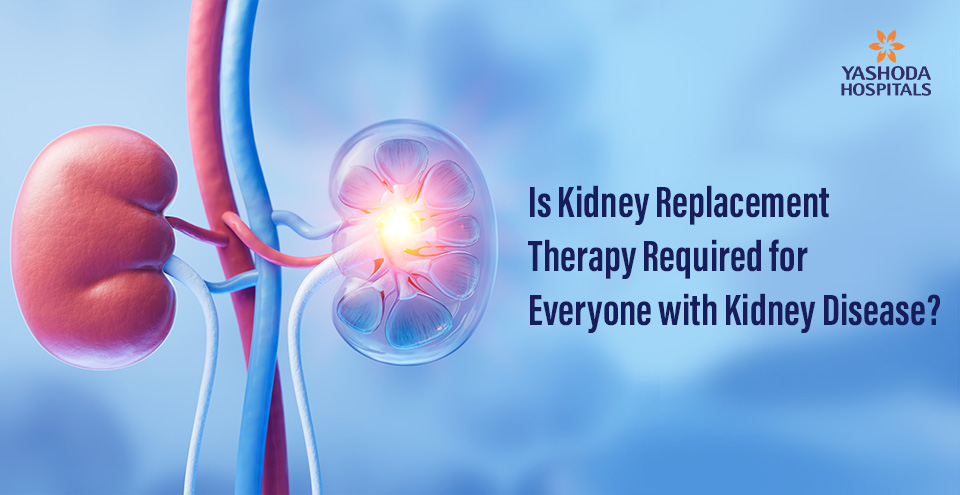



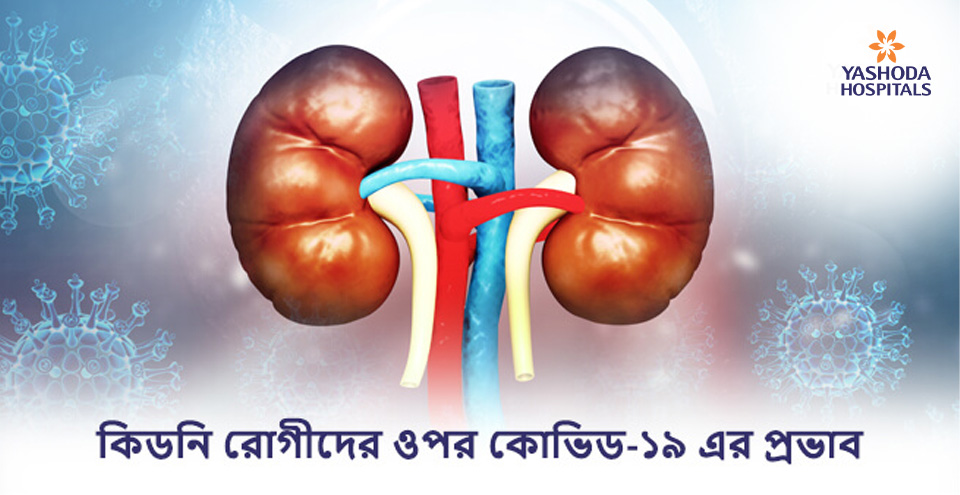

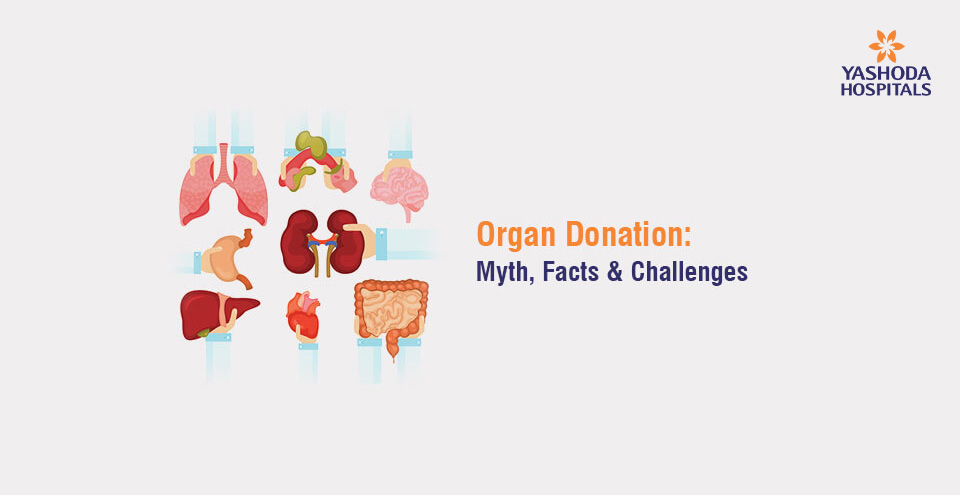





 Appointment
Appointment WhatsApp
WhatsApp Call
Call More
More

